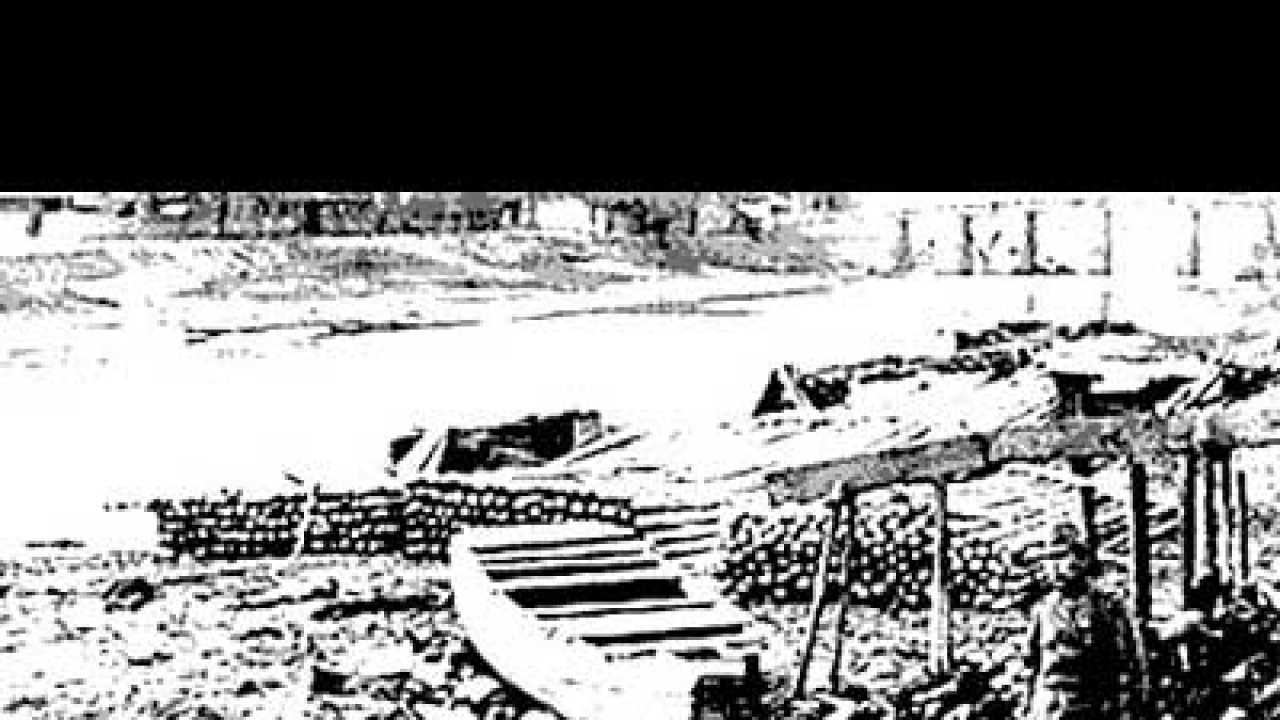
The pursuit of history is never an easy affair. Except for Genghis Khan, the only world conqueror whose history was written by those whom he defeated, most conquerors or their allies have written their own interpretations of history. But there are times, when losers re-emerge on the world’s stage as very strong players, and the quest for re-examining and even re-writing parts of history commences. Such attempts create turmoil. They shake up the existing ‘world order’ and popular perceptions about the ‘graciousness’ of the conquerors of yore.
One such upheaval is currently taking place in East Asia as a more resurgent and assertive China seeks to explore and re-examine the role of Japan during the 1937-38 massacre. During the past three years, two movies made by China’s directors have put the spotlight on the ugly role Japan played in the world — debasing human values, and treating women captives as ‘comfort women’. Japan, obviously, is not very happy with such developments though it has admitted to such crimes (http://www.mofa.go.jp/policy/q_a/faq16.html#q2 and (http://www.mofa.go.jp/policy/q_a/faq16.html#q5)
The horrors of the Nanking massacre have provoked several documentaries. They all relate to the manner in which Japanese invaders marched into Shanghai and then Nanking in 1937, and then began their bloody work.
According to several reports, the Japanese killed, within a span of just six weeks, more than 300,000 people — both Chinese civilians and soldiers. “These killings were by ghastly means such as collective shooting, burying them alive, knife choppings and burnings,” says one China source. “Moreover, the Japanese invaders indulged in gang rape of around 20,000 Chinese women.”
In his much acclaimed film, The Flowers of War released last year, director Zhang Yimou depicts the narrow escape of some school girls from Japanese soldiers who wanted to make them “comfort women” and how they managed to escape. In an earlier movie City of Life and Death (2011), director Lu Chuan depicts captured soldiers and male civilians being herded together, then taken out in batches of 200 and machine gunned to death.
The two movies were inevitable sequels to the ‘documentaries’ (plus 9 novels and 6 non-fiction works) on the massacre. In 1997, Iris Chang wrote The Rape of Nanking. It was one of the first major English language books to introduce the Nanking massacre to the world (the author committed suicide later). The tremendous success of the book (translated into several languages as well) prompted AOL to fund and produce Nanking, a 2007 documentary film about the massacre.
Japan hasn’t made things easier by refusing to apologise to specifics, beyond “general regret and apology”. It takes shelter under the San Francisco Peace Treaty (officially signed by 48 nations in September 1951), under which it — unlike Germany — offered a collective fund for war reparation rather than addressing individual grievances, or allowing individual atrocities to be discussed.
Moreover, as pointed out by AA Gromyko, first deputy minister of foreign affairs of the erstwhile USSR, at the Conference in San Francisco (1951): “The draft treaty flagrantly violates the legitimate rights of the Chinese people to an integral part of China-Taiwan, the Pescadores and Paracel Islands and other territories severed from China as a result of Japanese aggression.”
(http://www.mofa.go.jp/region/europe/russia/territory/edition92/period4.html). Meanwhile, Nanjing University published the whole history of Nanking massacre last year and is expected to translate it into English. With such movies and documentation creating more public awareness against the Japanese, expect Sino-Japan ties to get more strained.
The author is consulting editor with dna.